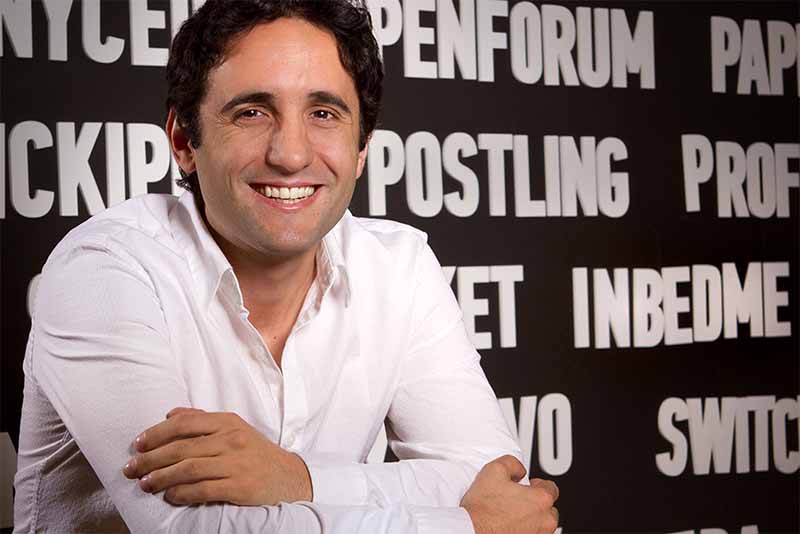Over the past nine months or so I stepped back from writing and threw myself into reading. I took a trip into the classics, reading Wealth of Nations, Crime and Punishment, Brothers Karamozov, 1984, Brave New World, The Autobiography of Benjamin Franklin, some light fiction and fun non fiction, but what I’ve really been interested in lately is the intersection between technology, our economy and how it’s changing our culture, both for the better and for worse.
I’ve started to formulate a thesis. And I don’t really like the conclusions that I’ve been reaching. Over the next few weeks, I’m going to be writing about what I think might be going on, why its happening and how it may affect our present and our future. These are the key books that I’ve read that have shaped my thinking.
World
Antifragile – Nassim Nicholas Taleb
Taleb’s follow up to best selling and paradigm breaking The Black Swan, Antifragile, is probably the most important book in the past decade, if not longer. I found myself smiling and nodding in agreement throughout the book. And I’ve found that if someone’s read this book and enjoyed it, I’ll likely be their friend and share a similar world view.
Taleb creates a new word: antifragile – things that grow stronger from stressors. Humans get stronger from mild stressors. A glass vase does not. The restaurant industry does. Wall Street does not. Taleb shows that lack of skin in the game, the agency problem, micromanaging and a lack of understanding of real risk is causing our world to be more fragile when we should be orientating toward antifragile approaches.
Shorter: My Rules for Life in The Guardian.
You Are Not a Gadget – Jaron Lanier
Lanier invented the term Virtual Reality and has been involved in Silicon Valley since the very beginning. And he thinks technologist have gotten it all wrong. We’ve built technology that serves technology, not technology that serves humans. Our iPhones control us, not the other way around. And it’s wrecking our culture and economic future.
If you can’t read the book, read his oped in the Wall Street Journal, World Wide Mush.
Who Owns The Future – Jaron Lanier
In Lanier’s follow up, he talks about how technology is accruing massive returns for those who have the biggest, most powerful servers, not those who have the best ideas or give humans the most benefit. This techification eliminates the middle class and pushes economic returns up to a small group and gives the rest candy. Facebook without any users is worth $0. So why do so few people as a percentage earn money using Facebook?
If you can’t read the book, read his NY Times piece Fixing the Digital Economy.
Coming Apart – Charles Murry
Murry shows how the US has developed extreme income inequality that’s led to a small, super rich upper class that’s both physically and culturally separate from the rest of the population, similar to Latin American and other oligarchical countries. His description of how the US looks today is spot on and some of the consequences of income inequality, but I don’t buy his social root causes. I believe a similar pattern is taking place globally.
If you can’t read the book, read his Wall Street Journal piece The New American Divide and then Ross Douthat’s What Charles Murry Gets Right from the NY Times.
US Specific
Rise of the Warrior Cop – Radley Balko
Balko traces the militarization of US police forces from the US’s birth to present day and shows how the drug war and now terrorism fears have turned a police from traditional beat cops who knew everyone in their neighborhoods into body armored, automatic weapon toting, tank driving para military forces that have eviscerated the 1st and 4th amendments, wreaked havoc on families, killed innocents and brought terror the american households, all without even doing anything to lower crime.
Shorter: Why Did You Shoot Me? I was just reading a book! from Salon.
Three Felonies a Day – Harvey Silvergate & Alan Dershowitz
The US federal law system is now so vague that we all commit at least three felonies per day and the only reason we don’t get prosecuted is that we haven’t run afoul of a politician, a bureaucrat, or a prosecutor or even just gotten unlucky. Rise of the Warrior Cop interplays very well with this book. While I don’t recommend reading this book for pleasure reading, as its clearly intended for technical attorneys, the thesis is spot on.
These two books together paint the picture of why I’m very worried about NSA spying. Between a militarized police force, a government that collects all of our data and a criminal justice system that can indict you with lifetime jail time for living a normal life, we’re well on our way toward a police state.
Shorter: You Commit Three Felonies A Day from The Wall Street Journal.
Fiction
Super Sad True Love Story – Gary Shteyngart
A dystopian, but extremely readable look at what the future might look like where everyone’s always connected to the internet, we’re constantly alone together, the government monitors everything, the US is a banana republic and everyone is rated on everything via metadata. Read it.
Photo Credit: hobvias sudoneighm


